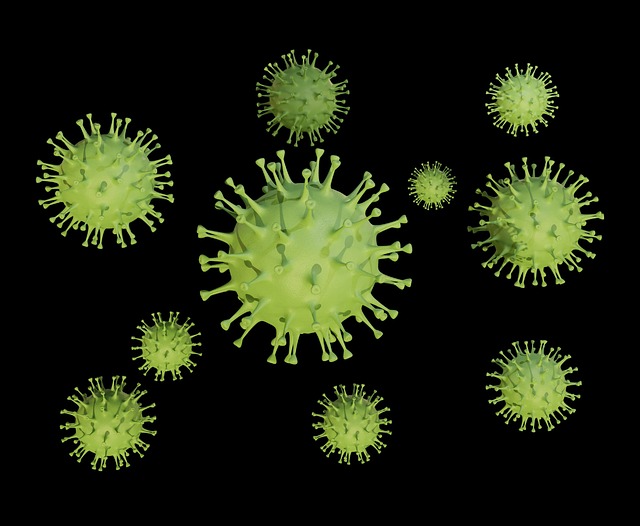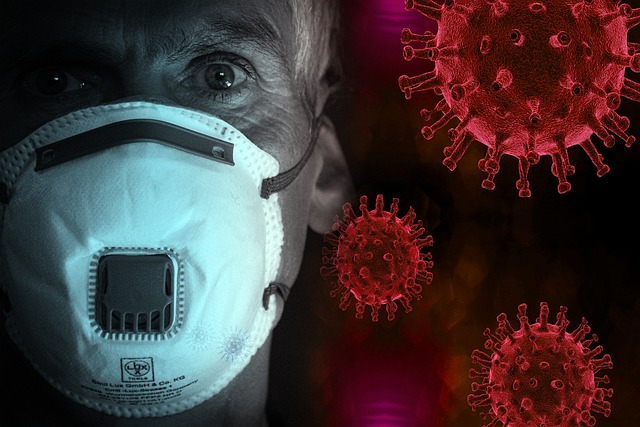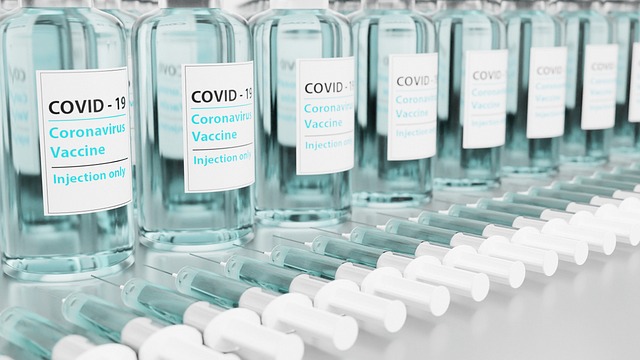
COVID-19 Digestive Compromise: Understanding the Role of the Gastrointestinal Tract
The gastrointestinal tract emerges as a potential route of SARS-CoV-2 transmission and invasion, underscoring the need for comprehensive understanding and management of digestive symptoms in COVID-19 patients.
December 2020

Promises and Risks of Antibody Testing for COVID-19: Implications for Immunity Assessment
Serological tests offer promise for assessing post-recovery immunity from COVID-19 and potentially facilitating the return to normal life for immunized individuals, although challenges such as test accuracy and interpretation warrant careful consideration and ongoing research efforts.
December 2020

COVID-19 Pneumonia: Tailoring Treatments to Phenotypic Variability
COVID-19 pneumonia manifests with diverse clinical phenotypes, ranging from asymptomatic hypoxemia to severe dyspnea, necessitating individualized treatment approaches based on disease severity and patient characteristics to optimize therapeutic outcomes.
December 2020

COVID-19: Protecting Hospitals from Nosocomial Transmissions
Delayed diagnoses contribute to nosocomial transmissions in hospitals, emphasizing the need for improved diagnostic protocols and infection control measures to protect healthcare facilities from the invisible threat of COVID-19.
December 2020

Persistence of SARS-CoV-2 Virus in Aerosols and on Surfaces: Implications for Transmission
Examination of the persistence rates of SARS-CoV-2 in aerosols and on surfaces compared to SARS-CoV-1, shedding light on the potential routes of transmission and informing infection control measures.
December 2020

Evaluation of Non-Pharmacological Interventions against COVID-19 and Influenza: Impact Assessment
Non-pharmaceutical interventions, including border restrictions, quarantine, isolation, distancing measures, and behavioral changes, demonstrate effectiveness in reducing transmission of COVID-19 and influenza, highlighting the importance of comprehensive public health strategies to mitigate infectious disease spread.
December 2020

Treatment Guidelines for Patients with COVID-19 Infection: Evidence-Based Recommendations
The Infectious Diseases Society of America (IDSA) develops updated treatment guidelines based on emerging evidence to support healthcare professionals in managing COVID-19 patients, providing evidence-based recommendations for patient care and clinical decision-making.
November 2020

COVID-19: Treatment Strategies for Severe Acute Respiratory Distress Syndrome
Authors propose pragmatic approaches to administering extracorporeal membrane oxygenation (ECMO) to patients with severe COVID-19-related respiratory failure, aiming to optimize outcomes in critically ill individuals.
November 2020

CDC Recommendations for Pharmacies During the COVID-19 Pandemic: Minimizing Risks for Staff and Customers
The CDC provides guidance applicable to all pharmacy staff to mitigate their exposure to SARS-CoV-2 and reduce transmission risks to customers, emphasizing the importance of implementing infection control measures and promoting adherence to public health recommendations.
November 2020

Clinical Characteristics of Children with Coronavirus Disease 2019 (COVID-19)
Analysis of a large cohort of children with COVID-19 reveals milder clinical manifestations compared to adults, with infants and young children being particularly susceptible to infection despite less severe symptoms.
November 2020















